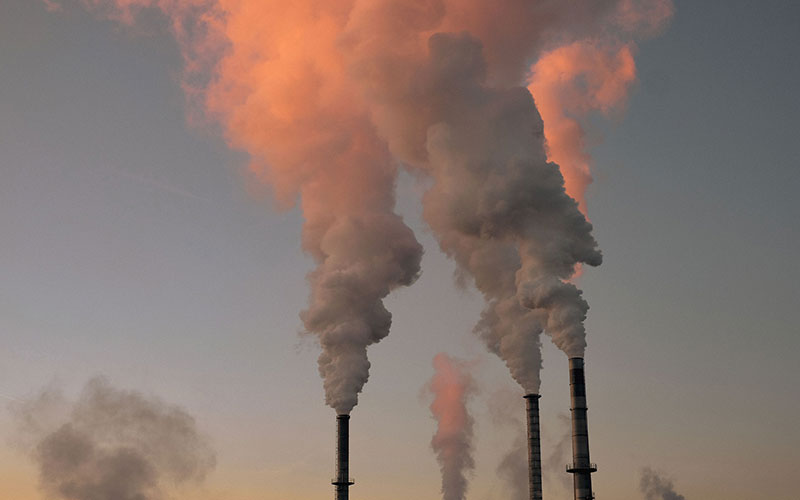
October 30, 2023 (BOSTON, MA) – Conservation Law Foundation (CLF) has published a new report that digs into the future of bioenergy in New England. The fossil fuel industry is leaning hard on selling biofuels such as “renewable” natural gas as an alternative to traditional fuels. Our new report examines the role of bioenergy in our clean energy future and finds that these fuels should be used sparingly, if at all.
“It’s critical that we separate fact from fiction when it comes to biofuels,” said Caitlin Peale Sloan, Vice President of CLF Massachusetts. “The fossil fuel industry is pushing solutions like renewable natural gas as a silver bullet to confront the climate crisis with little evidence. The truth is these fuels will still pollute our climate and our air, and they must be used only in limited cases.”
CLF’s report analyzes bioenergy’s role in New England’s clean energy future and provides guidance to decision-makers who are considering bioenergy to meet their mandatory climate targets. The appropriate role of bioenergy is a limited and targeted one. Incentives for the use of bioenergy in the electricity and heating sectors can undermine efforts to decarbonize and in some cases result in emissions that are more climate-damaging than from fossil fuels.
Bioenergy may have a role to play in industries and transportation that are hard to electrify, such as aviation or shipping. But even in these limited scenarios, policymakers and investors must use a holistic lens beyond life-cycle analysis to scrutinize the climate-damaging emissions and other impacts from the fuels’ production, transportation, and ultimate use.
CLF experts are available for further comment.
###

